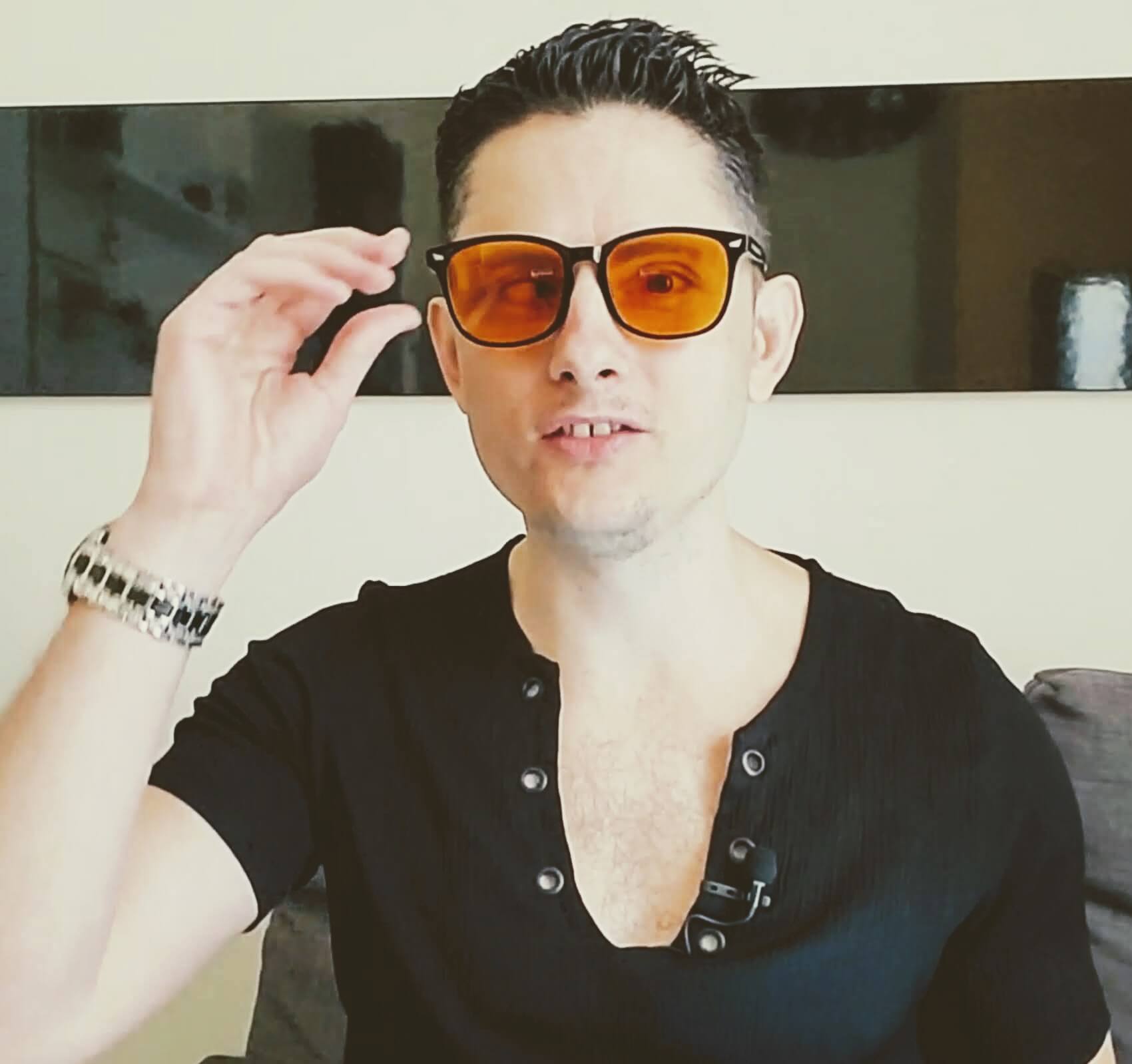123 reads
Our Favorite Word Is the One That Makes Us The Dumbest
by
December 3rd, 2024
Audio Presented by

Adventuring philosopher, Pompous pontificator, Writer, Biohacker, Tantric husband, Raconteur & Smart Drug Dealer
About Author
Adventuring philosopher, Pompous pontificator, Writer, Biohacker, Tantric husband, Raconteur & Smart Drug Dealer
